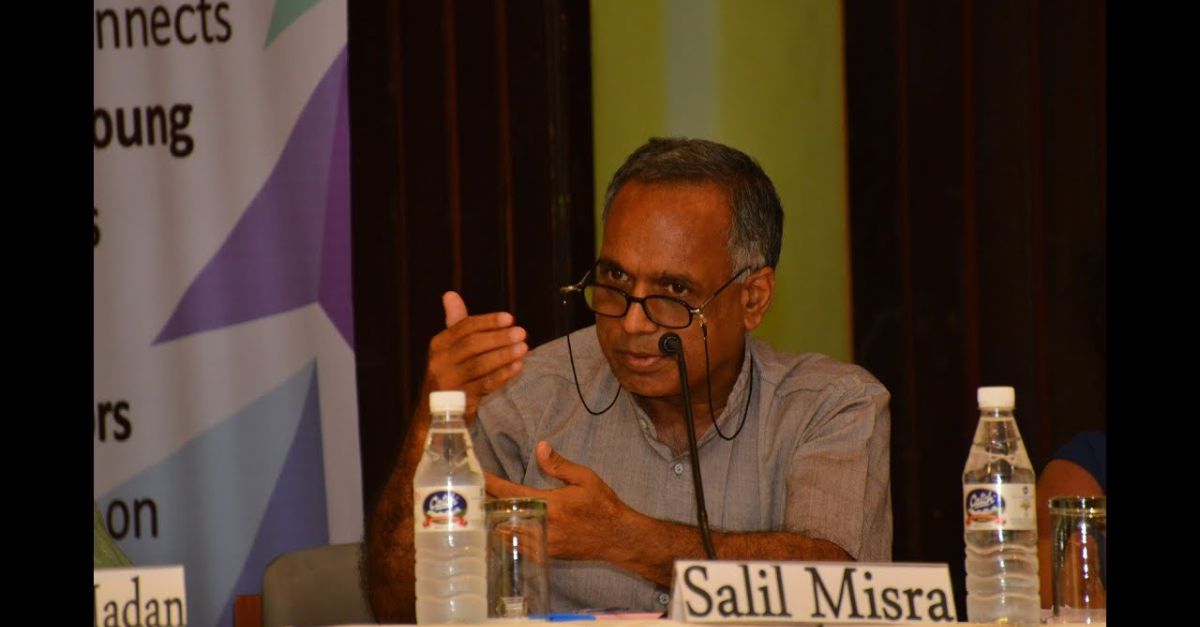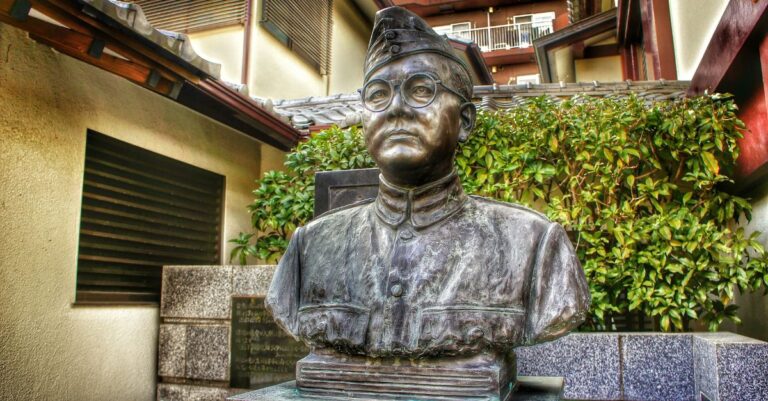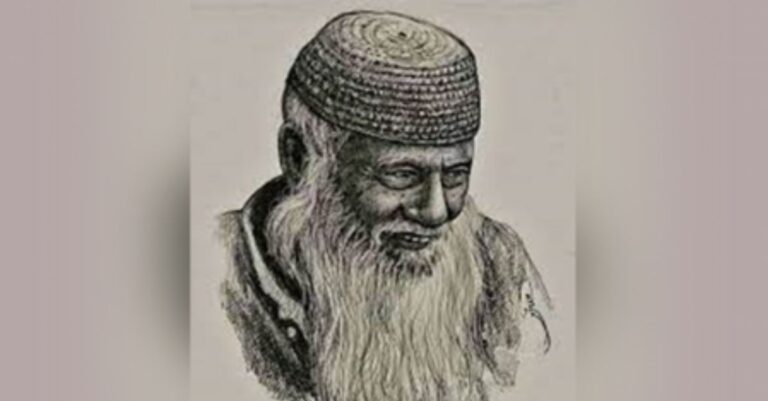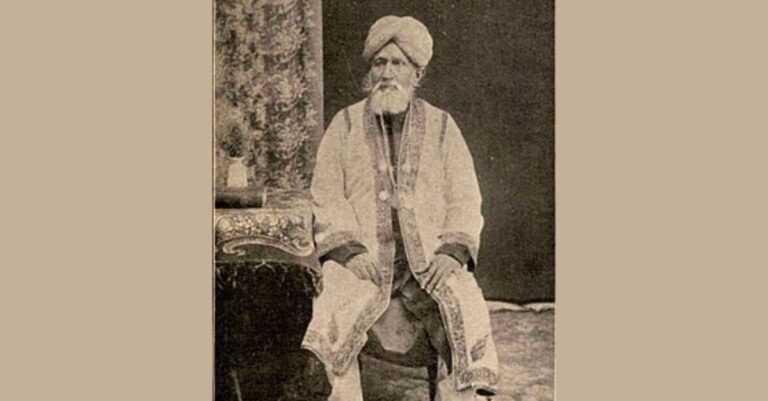On 15th August 2025, Free Voice celebrated the birth anniversary of Prof. Mushirul Hasan. He was India’s foremost historian and also served as Vice Chancellor of Jamia Millia Islamia, New Delhi and Director-General of National Archives of India. Educator, historian, public intellectual, administrator and political commentator, he was a person who wore many hats one and at the same time.
Due to these (and many more) reasons, we decided to celebrate his life and works by inviting Salil Misra, another historian of repute. Misra laid out the broad intellectual trends and methodological approaches applied by Hasan in his four decades long intellectual journey.
Prof. Misra shared with us the major ideas and arguments which Mushirul Hasan has put forward in his four decades long career.
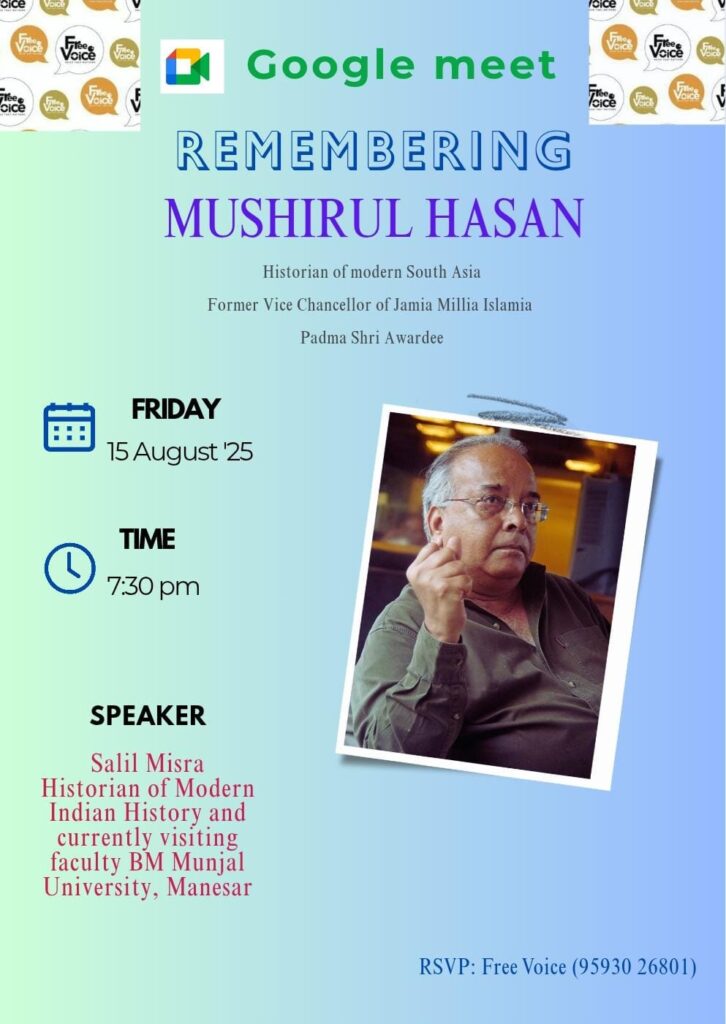
Salil Misra argued that one of the concerns of Hasan was communalism where Hasan argued that Muslim communalism was developed as a reaction to Hindu communalism. It was rooted in colonial governmentality, not pre-colonial times as is commonly peddled. Partition was the result of communalism, specifically policy elements by the British state. This way Mushirul Hasan was quite similar to another historian, Bipan Chandra.
Late in life, Hasan moved away from high politics (political leadership and institutional politics) and began to focus much more on history of ideas, pluralism, and even history of cities like Delhi and Lucknow. Earlier, he preferred looking at defining events in the phase of history but not in his later writings. Also, we see he was looking at literature, memoirs, poetry and novels. His later writings were not arid and flavoured with Urdu couplets now and then.
In his early writings, Partition was the culmination point while in his later writings, partition was the starting point. Later writings, he also wrote on textbooks on modern India, biographies of Gandhi and Nehru but his central concern remained ‘The Muslim Question in India’. He realised that minorities are discriminated across the world and so was the case with Muslims in India.
His writings show that he was emotionally invested in writing his-story and wishing for an India which is genuinely pluralistic. Towards the ends of the talk Prof. Misra became pensive and shared that Mushir sa’ab is not with us but his writings are. Many of his apprehensions and nightmares have come true, sadly. Salil Misra’s analysis is a fitting tribute to his teacher and inspiration, Mushirul Hasan.
We were lucky to have Zoya Hasan, his wife and renowned political scientist, as one the audiences. Zeeshan Husain, a young sociologist, moderated the session. There were many young students pursuing UG and PG who were listening carefully. Some raised important questions to Salil Misra and got satisfactory answer.
We, at Free Voice, plan to conduct more such programs in future. Free Voice invites potential speakers who can talk about the issues of discrimination, minority rights, gender justice, economic equality and a just society. We are not at a stage to pay anyone except for our commitment to the larger cause of social justice and universal humanity.

